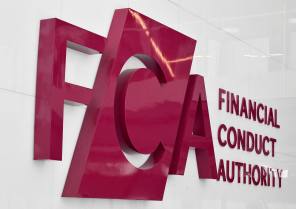

The Personal Investment Management & Financial Advice Association has highlighted the importance of adviser education in the growing environmental, social and governance (ESG) investment landscape.
It comes as the trade body prepares to launch its ESG academy next year in a bid to help advisers understand how to include sustainable investing in client portfolios.
ESG has become a more commonplace part of the global investment space in recent years, with ranking systems for these type of products being the latest addition to the market.
Liz Field, chief executive of Pimfa, said: "Taking a look at ESG and social impact investing, a sector still in its infancy despite recent growth, education remains key in terms of a wider understanding of what it is, the associated jargon and how advisers present these opportunities to investors."
Ms Field said the trade body would be continuing its work in this space next year with the launch of the Pimfa ESG academy.
She said: "ESG is developing into a significant part of the investment landscape and regulation of it is already on the way. Initially, the goal of the academy is to help advisers understand how to incorporate ESG factors into client portfolios and to feel comfortable talking about them with clients.
"Going forward it will stimulate debate and inform best practice in this developing area."
The increasing popularity of sustainable and ethical investing has been apparent in investment trends this year, with investors piling an average of £124m a week into UK ESG funds.
Data from Morningstar showed a hefty £4.4bn has been invested in ESG funds so far in 2019, with 70 per cent of inflows heading into active funds.
Alongside this growing popularity the regulator has promised to crack down on firms misleading consumers in the sector, namely those found to be "greenwashing" products.
Greenwashing is a phenomenon of growing concern in the sector which sees funds and firms market products and investments to appear more sustainable and ethical than they really are.
Earlier this year the Financial Conduct Authority said deterring greenwashing and ensuring consumers can assess if a product is genuinely green would remain an active area of focus in its "supervisory and policy work".
rachel.mortimer@ft.com
What do you think about the issues raised by this story? Email us on fa.letters@ft.com to let us know.



